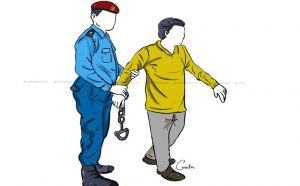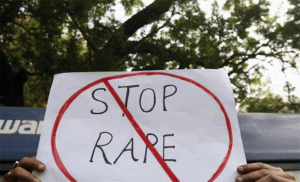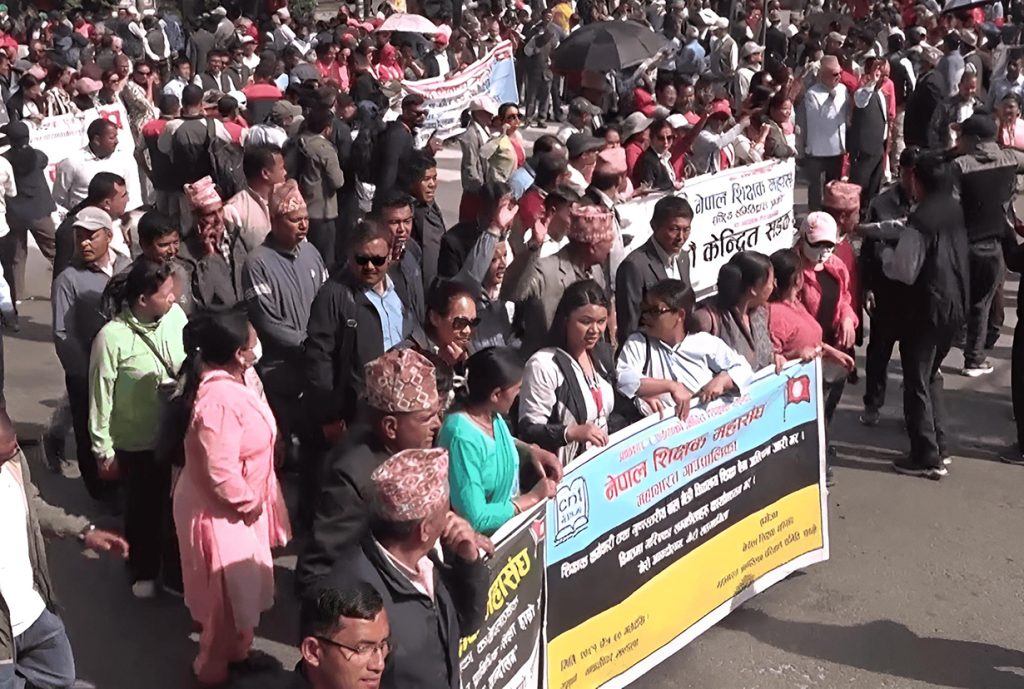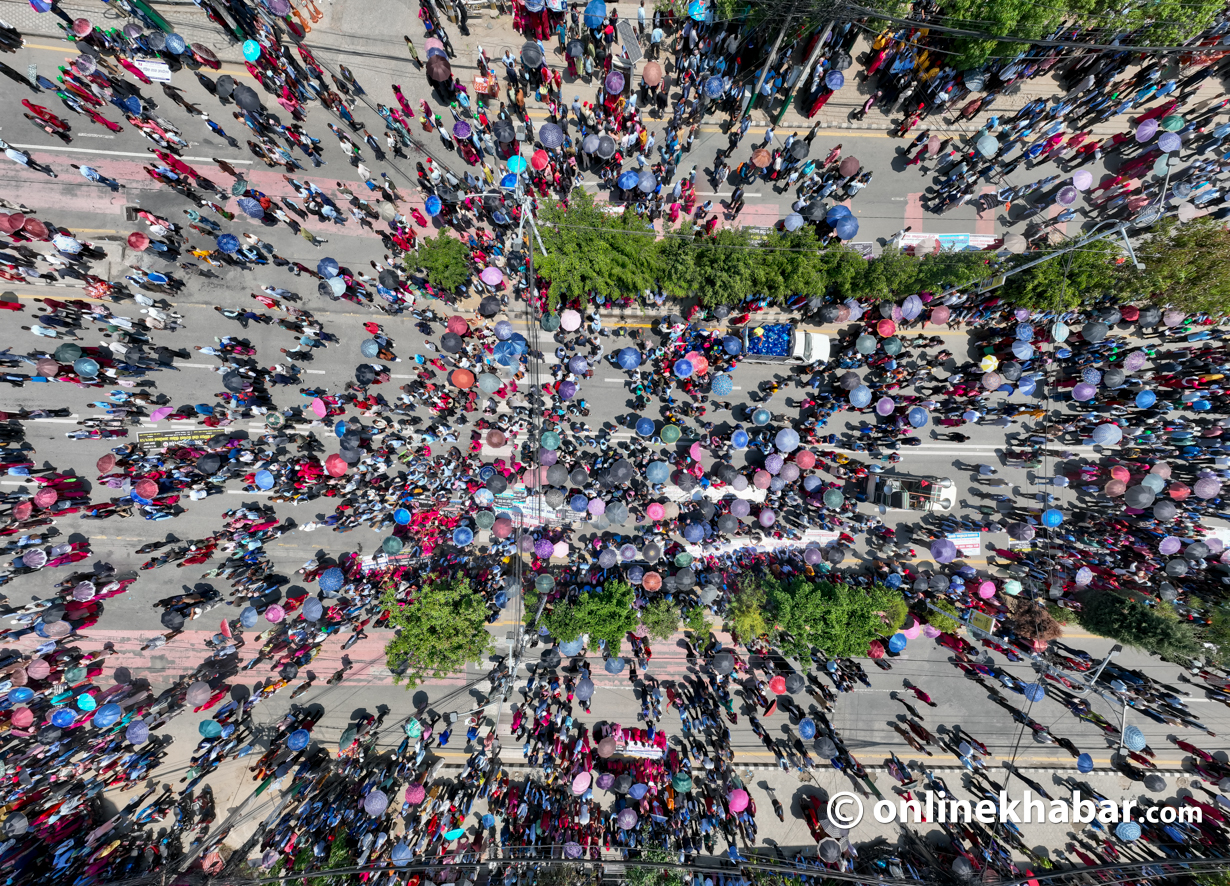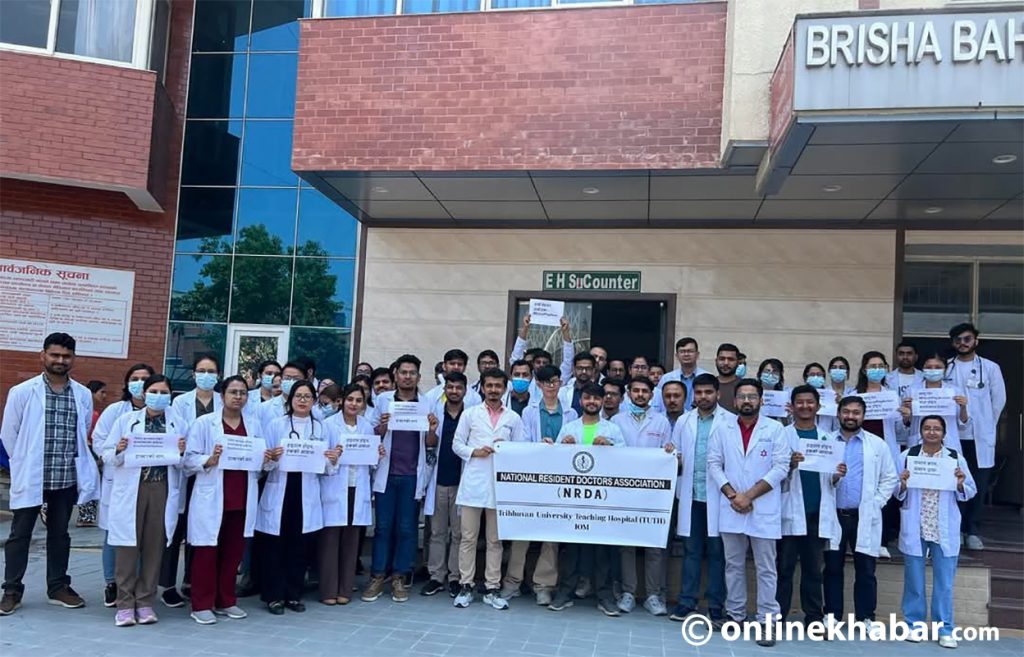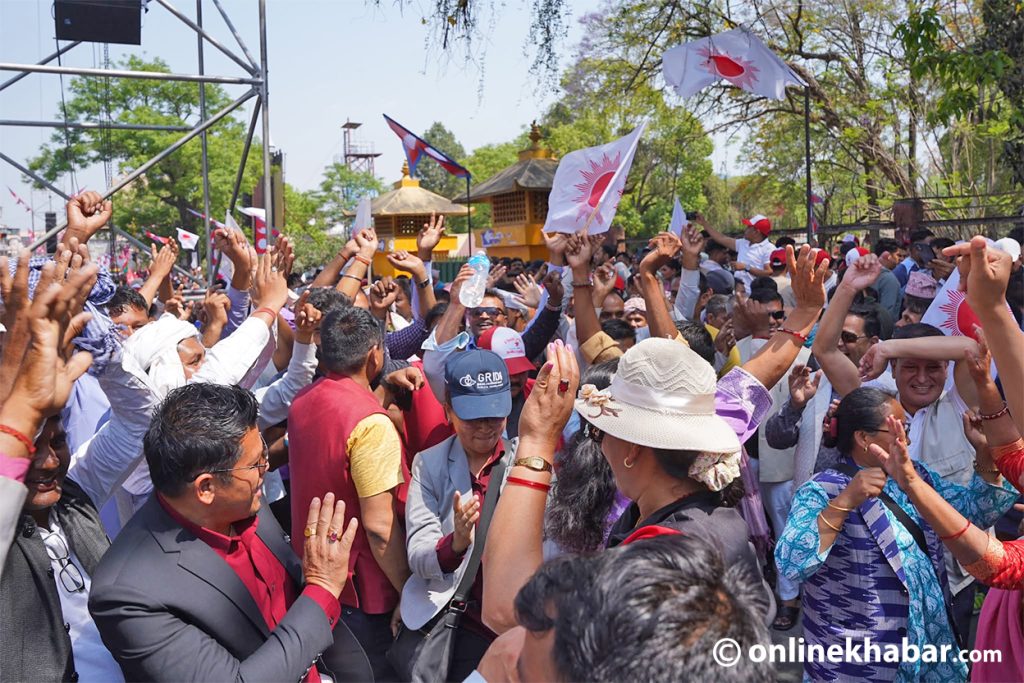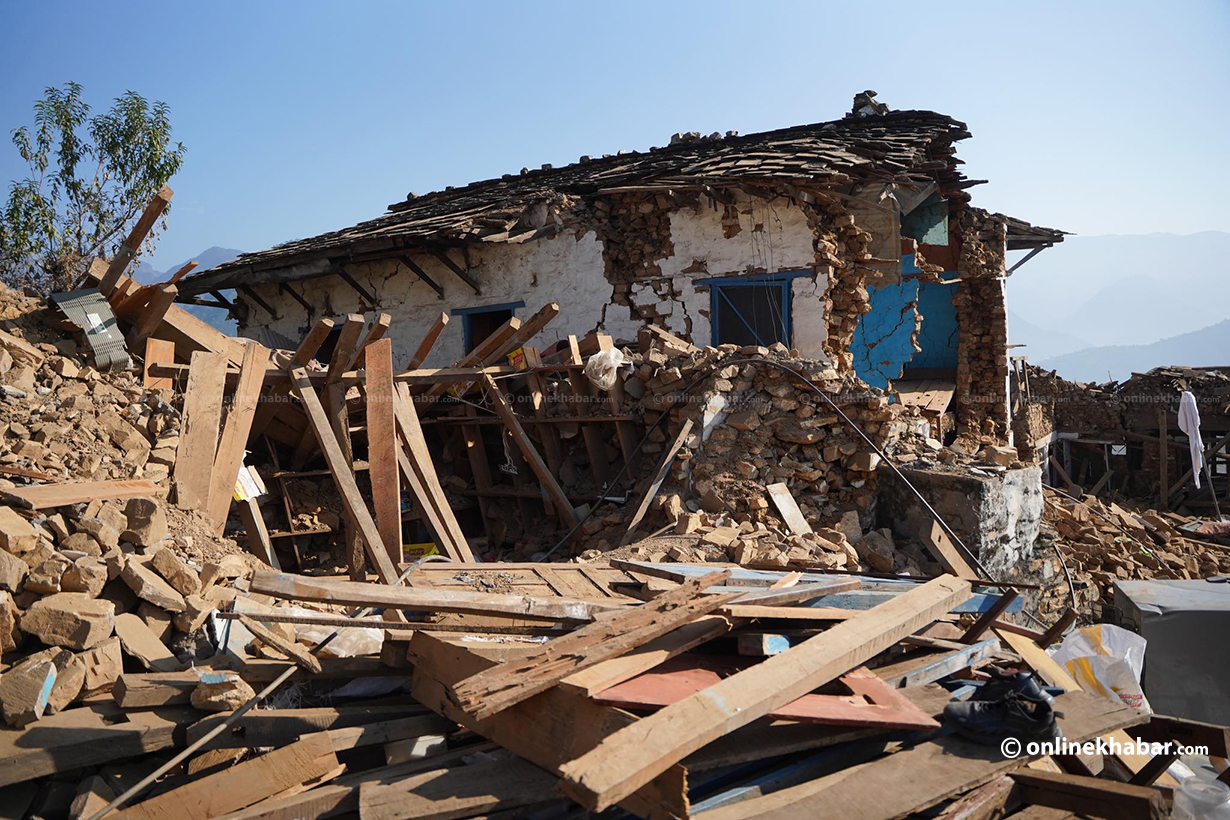
In recent times, Nepal has witnessed a concerning increase in rape cases, raising alarms about the safety and well-being of women in the country. This surge in incidents demands urgent attention and collective efforts to understand the root causes and implement effective measures to curb this disturbing trend.
The increase in rape cases is a complex problem with multifaceted origins. It is crucial to recognise that rape is not just a legal issue but also a societal one that demands a comprehensive approach.
Various factors contribute to the rise of rape cases, making it essential for everyone to be aware of such problems. One major challenge is the persistent social stigma surrounding rape, creating a barrier for survivors to come forward and report incidents.
Fear of judgment and victim-blaming often discourage individuals from reporting such crimes, leading to underreporting and a lack of accurate statistics. Similarly, a significant portion of the population lacks proper awareness and schooling about consent, gender equality, and the consequences of sexual violence.
Contributing factors and obstacles to justice

The way sexual assault is portrayed in the media has the power to shape public opinion and foster a society that either devalues or sensationalises these kinds of acts.
Sexual assault can occur and have a lasting impact when mental health problems go untreated, in both of the perpetrators and survivors.
There are several obstacles and hurdles that the Nepali legal system must overcome before it can effectively handle rape cases. These include protracted court proceedings, a lack of tact while treating cases, and a shortage of funding. Enhancing the legal system and ensuring swift justice is crucial, but there is still a significant lag in achieving this objective.
There are various rape incidents. Not only girls but boys too are sexually harassed. The Nepali 13-year-old, teenage girl, Nirmala Panta, from Kanchanpur, is one such example of a rape victim. She went missing on July 26, 2018, and the next day the police discovered that she was murdered and sexually harassed in a sugarcane field close to her home.
For justice, and to put pressure on the government and the police, numerous justice and large-scale rallies were organised around the nation in the days and months that followed. The tactics and conduct of the first inquiry, which was conducted by a team from the Central Investigation Bureau and the local police, garnered considerable condemnation. But everything was all in vain. Nirmala is yet to receive justice as the people who raped her roam freely.
Addressing the need

Comprehensive sex education programmes can play a vital role in addressing these gaps and fostering a culture of respect and understanding. Inadequacies in the legal system, such as lengthy court procedures and a lack of sensitivity toward survivors also contribute to a sense of impunity for perpetrators.
Strengthening the legal framework and ensuring swift justice can act as a deterrent against potential offenders. Economic disparities within the society may lead to power imbalances, with perpetrators exploiting their positions of authority.
Addressing these economic gaps and promoting equal opportunities can contribute to reducing instances of sexual violence. Deep-rooted cultural norms and patriarchal attitudes perpetuate a climate where gender-based violence is tolerated. Promoting gender equality and challenging traditional norms that perpetuate toxic masculinity are essential steps toward building a safer society.
It is critical to put in place extensive, culturally appropriate educational initiatives on consent, gender equality, and the repercussions of sexual assault. To ensure inclusivity, these initiatives ought to focus on both rural and urban communities.
To make sure that its legal system complies with international norms, Nepal must review and reinforce it. This entails comprehensive legislation prohibiting sexual assault, accelerated court procedures, and enhanced instruction for law enforcement personnel.
It is imperative to change perceptions and contradict rape myths through community engagement. Initiations conducted by the community, awareness campaigns, and open discussions can all work to break the taboo and promote a supportive environment for survivors.
Setting up sensitive and easily accessible support services, such as shelters and counselling, is crucial as well. Survivors can seek assistance without fear of being judged if a network of safe spaces is established.
By challenging cultural norms, implementing educational reforms, and advocating for legal changes, we can work towards creating a society where sexual violence is not tolerated, survivors are supported, and potential offenders are held accountable. It’s a collective responsibility to create a safer Nepal for everyone, and with concerted efforts, positive change is possible.




